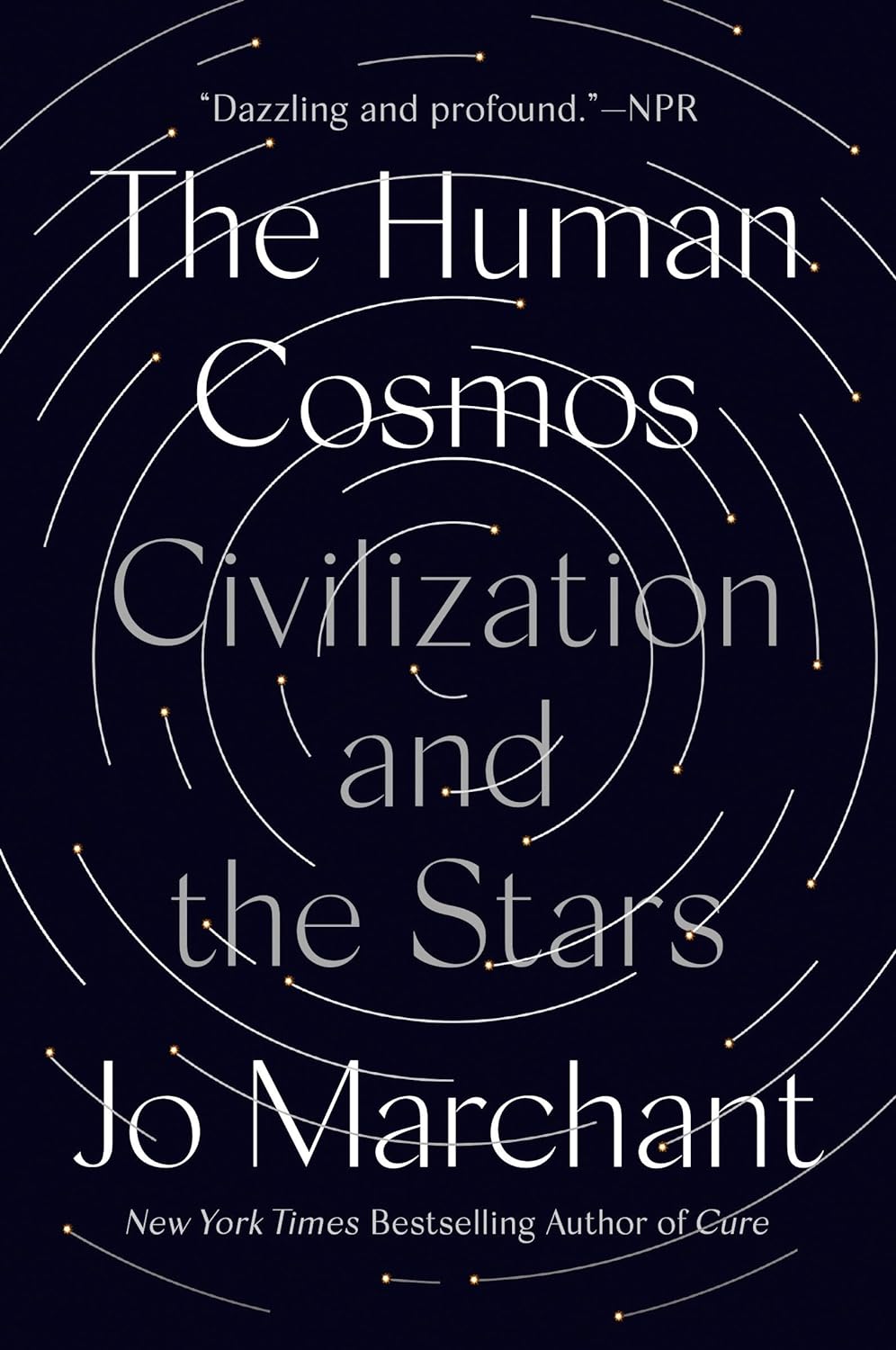Rob Rey reviewed The Human Cosmos by Jo Marchant
Review of 'The Human Cosmos' on 'Goodreads'
3 stars
A trojan horse for panpsychism pseudoscience.
The first half of the book is very worth while. It's a great look at how humanity's early assumptions about the sky shaped myth, calendars, clocks and systems that we still use today without most people realizing where they came from. This is something that really needed to be covered and it does so with a good grounding in science. I had been waiting for a good book like this.
What a disappointment when the last chapter asserts cliches that science is cold and impersonal, that panpsychism is the answer, and it's on the cusp of sweeping the scientific esstablishment off it's feet. Science may not yet connect with the broader public the way it should, but then what we need is new poetic story telling to make the connection, not to throw away scientific principles and put pseudoscience back in charge.
A trojan horse for panpsychism pseudoscience.
The first half of the book is very worth while. It's a great look at how humanity's early assumptions about the sky shaped myth, calendars, clocks and systems that we still use today without most people realizing where they came from. This is something that really needed to be covered and it does so with a good grounding in science. I had been waiting for a good book like this.
What a disappointment when the last chapter asserts cliches that science is cold and impersonal, that panpsychism is the answer, and it's on the cusp of sweeping the scientific esstablishment off it's feet. Science may not yet connect with the broader public the way it should, but then what we need is new poetic story telling to make the connection, not to throw away scientific principles and put pseudoscience back in charge.

